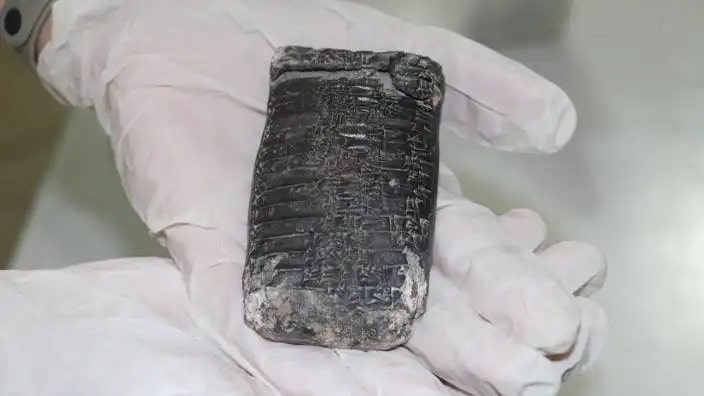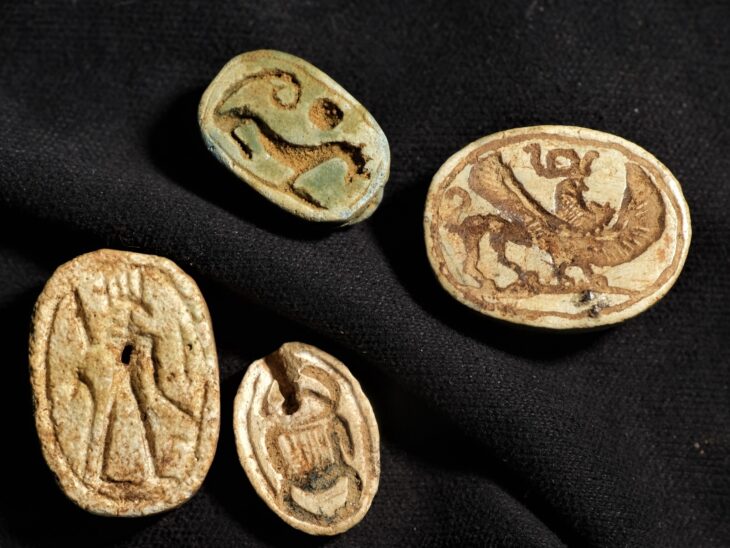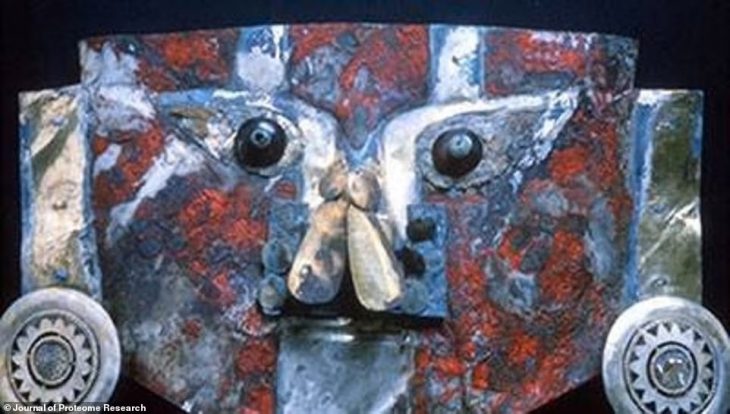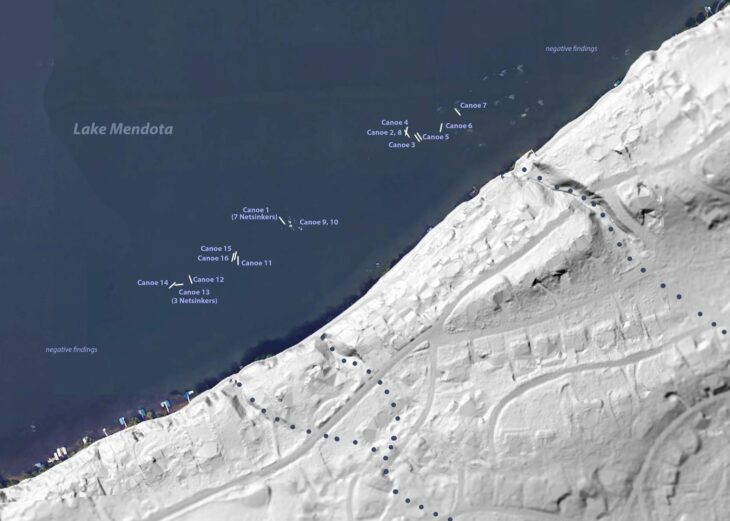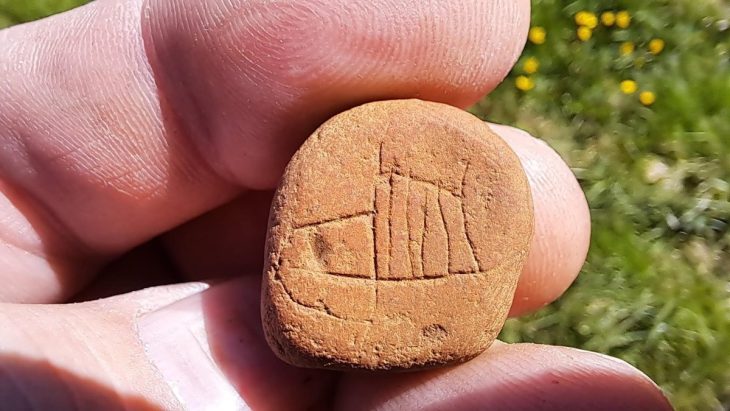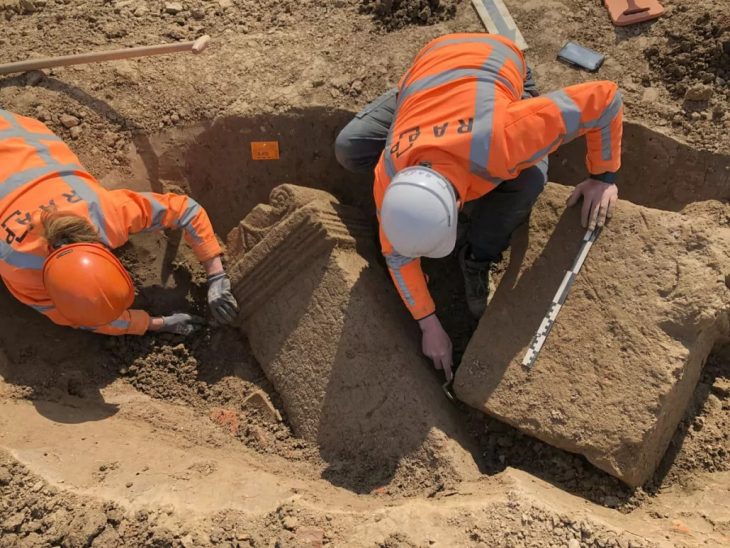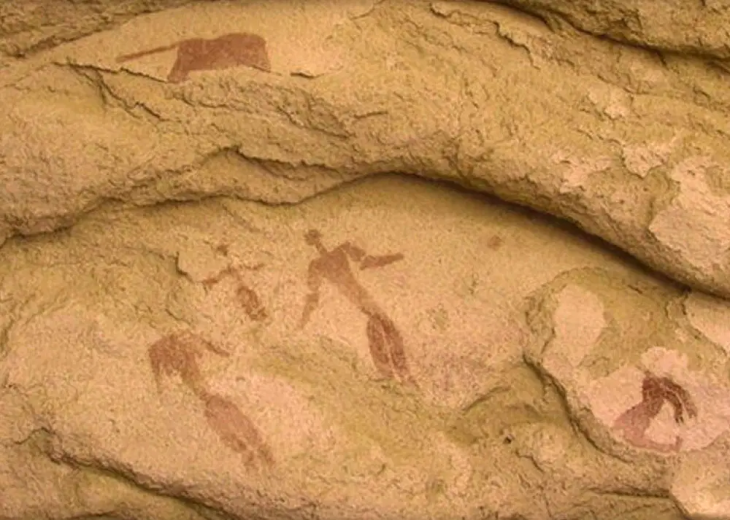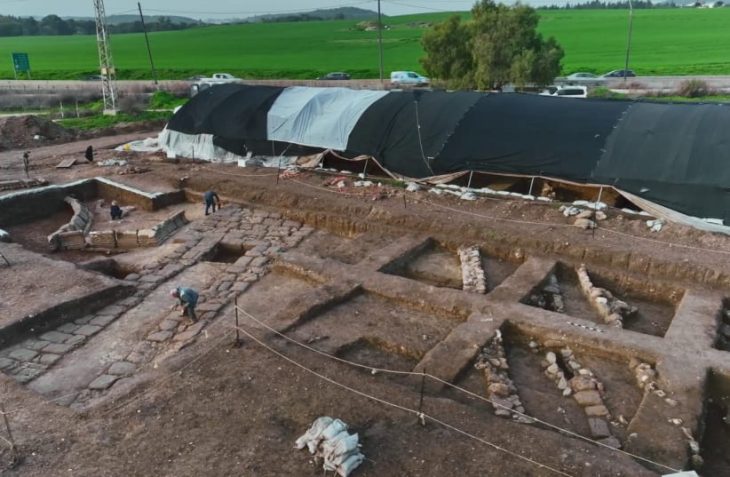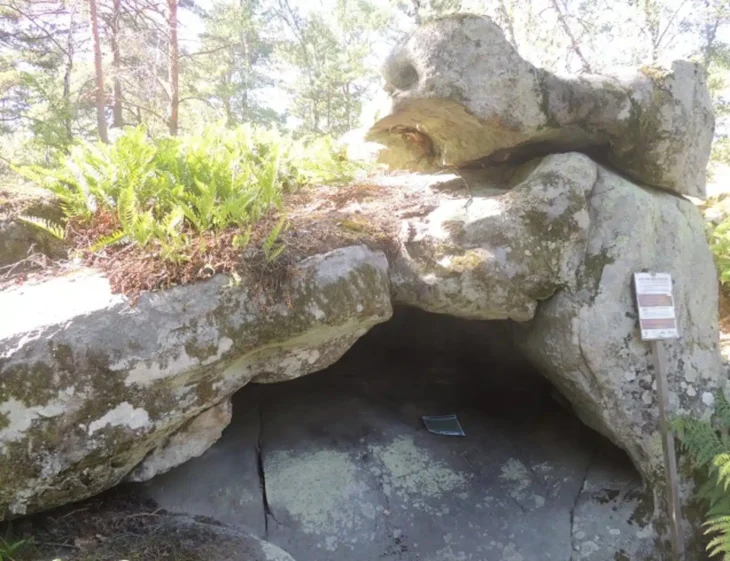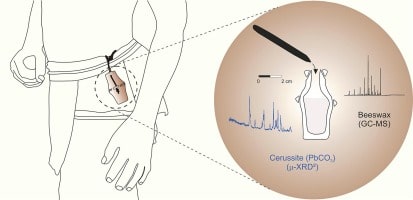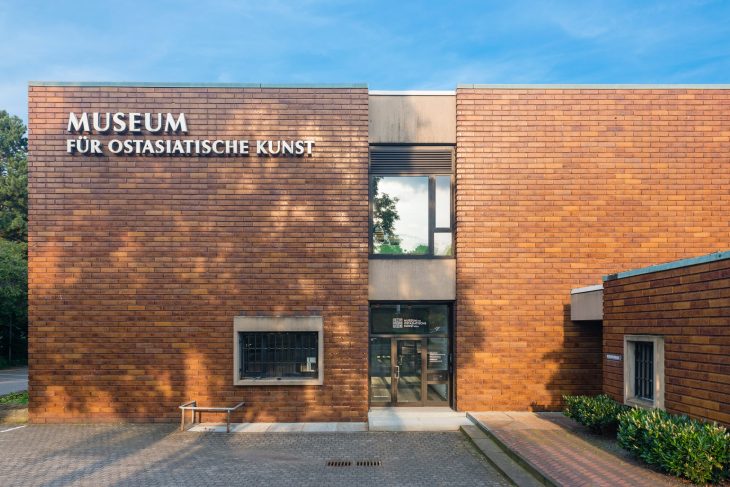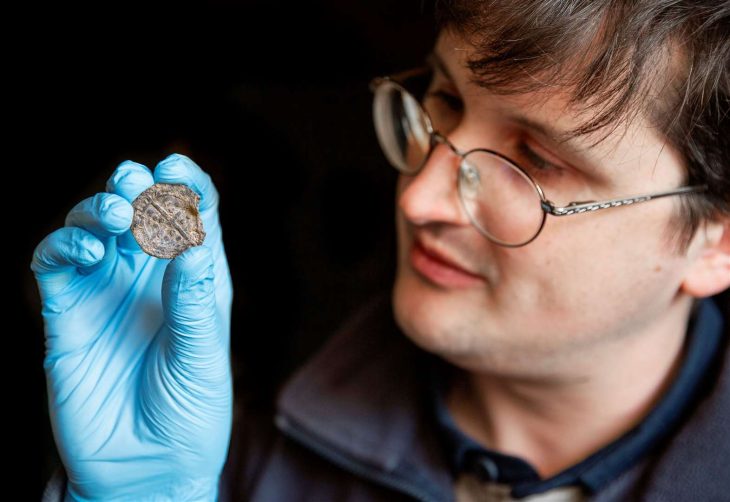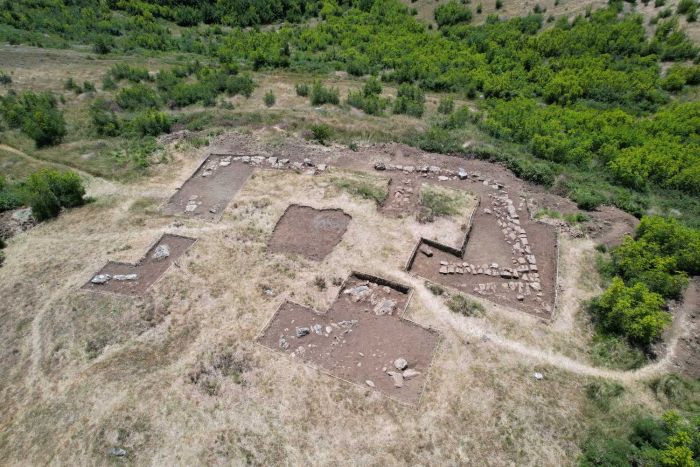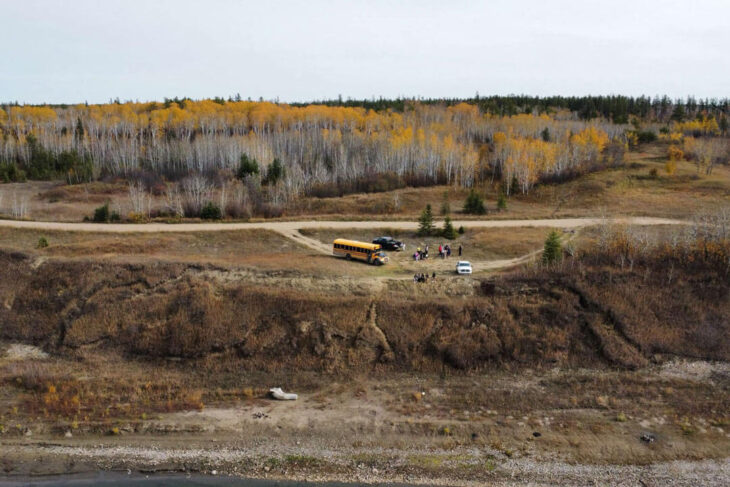A 3,800-year-old Akkadian cuneiform tablet was found during the archaeological excavations carried out in the Aççana Mound, the old city of Alalakh, in the Reyhanlı district of Hatay city in southern Turkey.
Tell Atchana, Alalakh is the capital of the kingdom of Mukish in the second millennium BC, located in the Amuq Valley of Hatay, near present-day Antakya.
Alalakh was one of the most famous cities in the ancient world; part of the larger Yamhad kingdom in the Middle Bronze Age, vassal to the Mitannian kingdom in the Late Bronze Age, and incorporated into the Hittite Empire at the end of the fourteenth century BC.
The earthquake on February 6, centered in Kahramanmaraş, which caused great destruction in the city, also affected the mound in Reyhanlı district, where Alalah, the capital of the Muşki Kingdom, was located during the Middle and Late Bronze Age periods.
Under the leadership of the Ministry of Culture and Tourism, restoration and conservation work has been initiated in the mound, where some parts of the palace walls were damaged after the earthquake.
📣 Our WhatsApp channel is now LIVE! Stay up-to-date with the latest news and updates, just click here to follow us on WhatsApp and never miss a thing!!
The head of the excavations and an academic from the Hatay Mustafa Kemal University, Murat Akar told state-run Anadolu Agency, the tablet features a contract on sales of a city, which consists of information about parties, and witnesses, said.
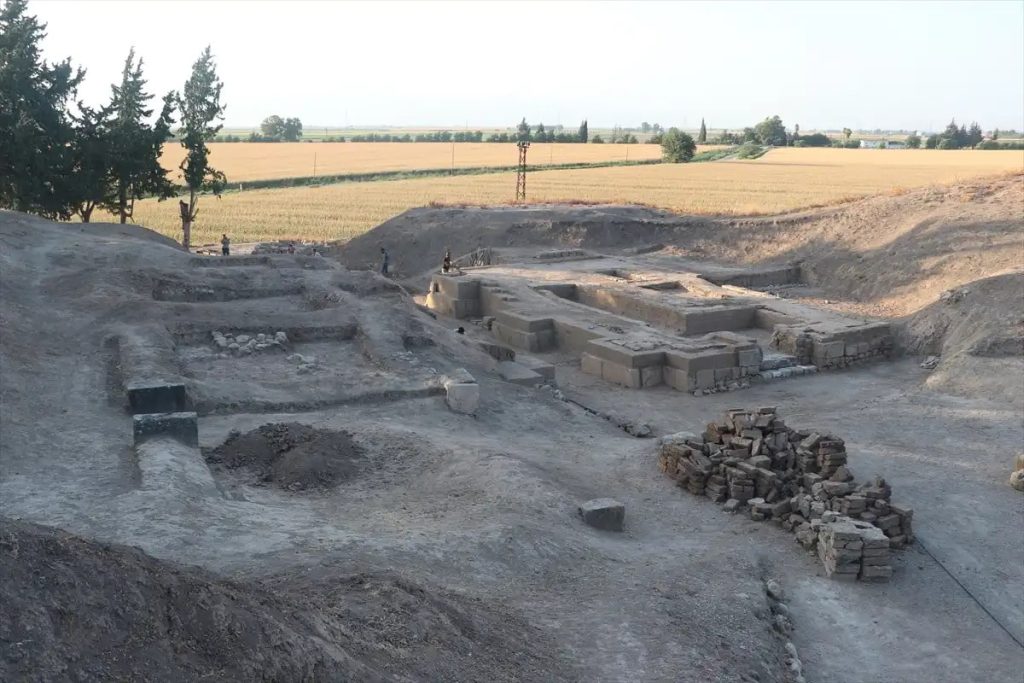
Removing the wall rubble as part of the study, the team found a cuneiform clay tablet among the remains.
In the first examination of the Akkadian tablet, information regarding the agreement made by Yarim-Lim, the first known king of Alalakh, to buy another city was found.
Akar emphasized that the tablet found among the remains, dating back 3,800 years, is in a well-preserved form. “While removing the debris of a few collapsed walls at the mound, it was very exciting to come across a tablet that had never been touched or damaged,” he said.
Akar continued by stating that the historical period of the artifact extends to the Middle Bronze Age. “During the Middle Bronze Age, a period we define as such, we observe that the kings of this region possessed economic power. This is evidenced by astonishing examples documented in written records. In this tablet, we see that Yarim-Lim, the first known king of Alalakh, intended to purchase another city and, in this regard, entered into an agreement. This actually demonstrates that the kings in this region had the economic capability and potential to acquire another city,” he said.
Assoc. Prof. Dr. Akar, who pointed out that the tablet would also contribute to understanding the economic structure of the era, stated,
“The tablet likely contains the names of significant individuals from the city who witnessed this sale. In a sense, we see evidence of a witness list from that period,”
“The work came out as an extremely unique example, especially to decipher the economic structure of that period, the relationship between cities, and the economic and political model,” he said.

